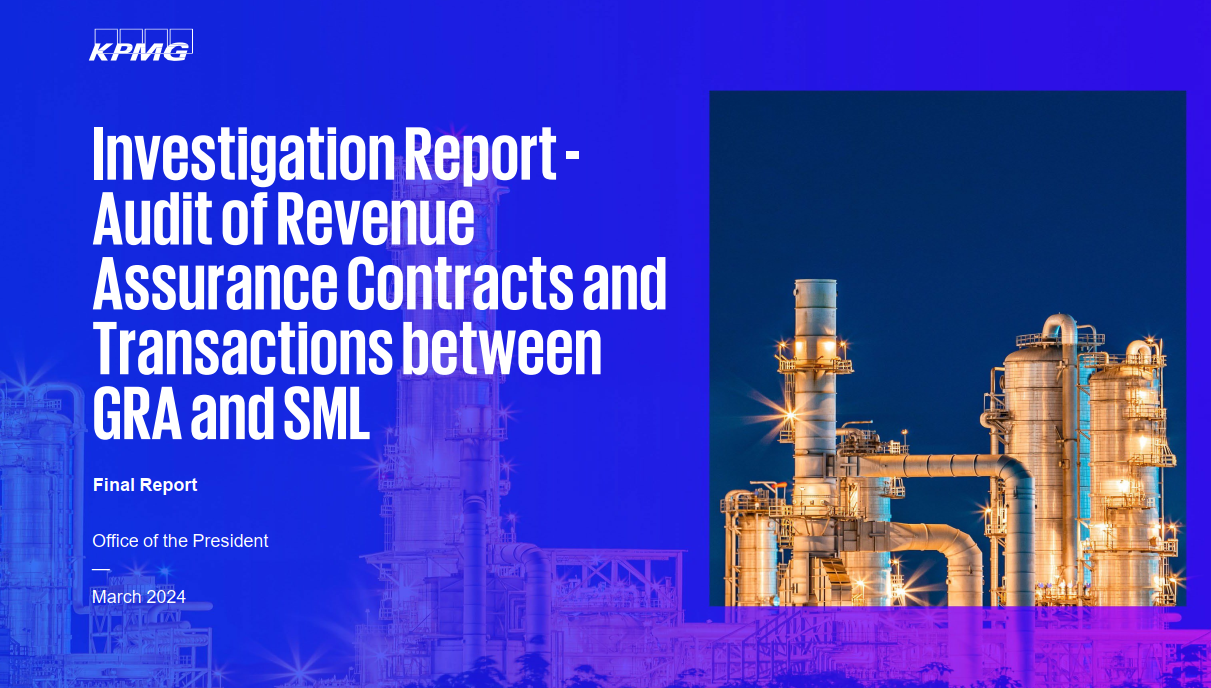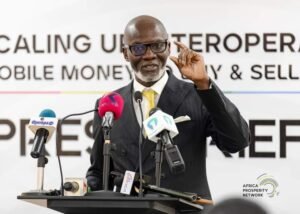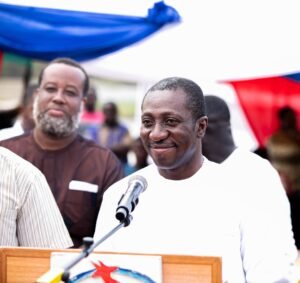
President Nana Addo Dankwa Akufo-Addo has caused to be released the full report presented to him by the audit firm KPMG on the audit of revenue assurance contracts and transactions between the Ghana Revenue Authority (GRA) and Strategic Mobilization Ghana Ltd (SML), underscoring his commitment to transparency and accountable leadership.
The president had earlier, on April 24, 2024, caused the findings and recommendations of the report, presented to him by KPMG on March 27, 2024, to be released. The earlier release, which did not hide any of the findings or recommendations of KPMG, also contained directives to the Ministry of Finance and the GRA on future engagement with SML.
Directives
A statement released by Eugene Arhin, Director of Communications at the Office of the President, disclosed that the president, by a letter dated April 18, 2024, directed the Ministry of Finance and the Ghana Revenue Authority that the upstream petroleum audit and minerals audit services, which had not yet been commenced by SML, and no payments had been made in respect of those services, may be terminated. However, given that the upstream petroleum audit and minerals audit services could prevent significant revenue leakages, the president directed that the Ministry and GRA conduct a comprehensive technical needs assessment, value-for-money assessment, and stakeholder engagements before implementing such services.
The five-point directives given by the president based on the findings and recommendations of KPMG also included the possible termination of the transaction audit and external price verification services. This was because, according to KPMG’s findings, GRA obtained partial value or benefit for those services due to a lack of monitoring on the part of GRA to ensure that SML performed the services as stipulated in the contracts.
On the downstream petroleum audit services, the statement explained that there was a clear need for the services provided by SML since GRA and the State have benefited from these services since SML commenced providing them. It noted that there has been an increase in volumes of 1.7 billion liters and an increase in tax revenue to the State of GHS 2.45 billion.
KPMG also observed that there were qualitative benefits, including a 24/7 electronic real-time monitoring of outflow and partial monitoring of inflows of petroleum products at depots where SML had installed flowmeters and six levels of reconciliation done by SML. This minimizes the occurrence of under-declarations.
The president further directed that SML’s performance in any renegotiated contracts should be monitored and evaluated periodically to ensure that it meets expectations, and any renegotiated contract should be compliant with Section 33 of the PFMA.
Transparency
The release of the KPMG findings and recommendations, and the president’s directives notwithstanding, there was a clarion call on the president to release the full report. To ensure the promotion of accountability, good governance, and commitment to transparency, the president caused the full 306-page report to be made public. This is despite provisions in the Right to Information Act, which exempt the president from releasing reports captured under Section 5 of the Act.
Section 5(1)(a) and (b)(i) of the RTI Act, 2019 (Act 989), states that information prepared for or submitted to the president or vice president containing opinions, advice, deliberations, recommendations, minutes, or consultations is exempt from disclosure, and that disclosure of such information would compromise the integrity of the deliberative process by revealing the thought process, considerations, and influence on decision-making reserved for the highest offices of the land.
Section 5(1)(a) and (b)(i) of the RTI Act, 2019 (Act 989), provides that information prepared for or submitted to the president or vice president containing opinions, advice, deliberations, recommendations, minutes, or consultations is exempt from disclosure, and that disclosure of such information would compromise the integrity of the deliberative process by revealing the thought process, considerations, and influence on decision-making reserved for the highest offices of the land.


